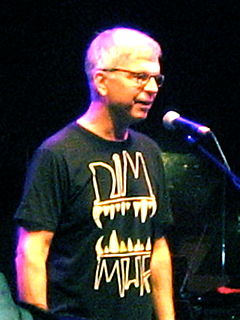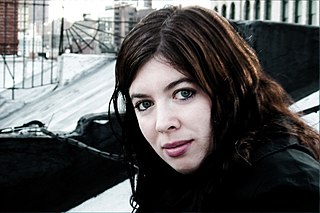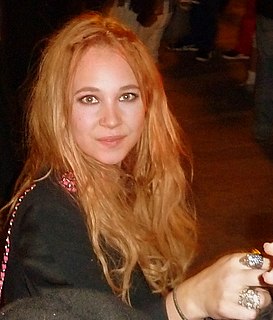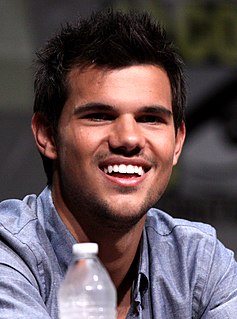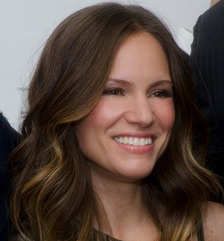A Quote by Michael Cera
Sometimes when a movie is really alive you can see that they were just making decisions on the spot. They weren't bound to anything, they were working with ideas that the actors and situations presented.
Related Quotes
When I got into the movie business, working with actors was the one thing I was really weak at. I didn't know what to say to actors. They scared me and intimidated me. The actors that I've worked with who have had a lot of experience, or who I've even grown up watching as a kid, were really scary. I was like, "What am I going to say to this person?" But, I've matured. It's fun. I understand what actors do now.
When we wrapped Resident Evil, we were a 3D movie, but it was no big deal. And then, Avatar came out and the whole of Hollywood was like, "Look at these grosses! 3D is huge. Let's all be 3D!" We just got on with doing what we were doing, which was making what we think is a really quality, kick-ass 3D movie, and we'll really be the first live-action 3D movie of the year.
People "died" all the time. . . . Parts of them died when they made the wrong kinds of decisions-decisions against life. Sometimes they died bit by bit until finally they were just living corpses walking around. If you were perceptive you could see it in their eyes; the fire had gone out. . . you always knew when you made a decision against life. The door clicked and you were safe inside-safe and dead.
The advertising men made it clear that there were two ways of looking at ideas in a war against fascism. Those of us who were working on the project believed ideas were to be fought for; the advertising men believed they were to be sold. The audience, those at home in wartime, were not 'citizens' or 'people.' They were 'customers.'
I was a lonely child. My brother Tony and I were never very close, neither as children nor as adults, but I was tightly bound to him. We were forced to be together because we were really quite alone. We were in the middle of the Irish countryside, in County Galway, in the West of Ireland, and we didn't see many other kids.
I believe you can never stop growing and learning and I've been very fortunate to have been working since I was 10 or 11-years-old. I have learned so much throughout the years working with amazing directors and great actors as well. This was really a huge step for me because it's very different from anything that I've done before but I think the biggest difference here is that the cast we were surrounded by in this movie was unbelievable.
What I saw over all that time were so many deals disappearing and producers disappearing, fewer movies getting made, and it just being a bit more difficult. Working with Joel, we were in a bit of a bubble because he was always making things that were working for the studio and that kind of thing. We were always in production on something.
You can also see sometimes that the best pictures are the ones where you didn't try so hard, where you were just enjoying the process - and you didn't even know why you were making the picture. It felt right. If someone asked, 'Why are you making this picture?' you probably couldn't describe it very well - and that's why it needs to be a photograph.





